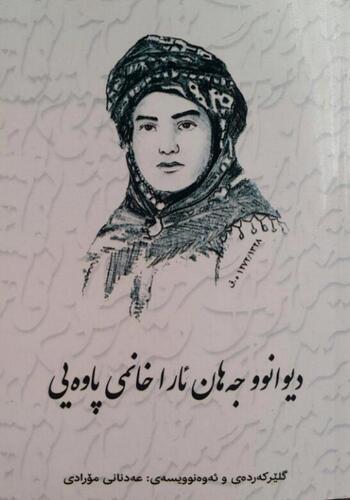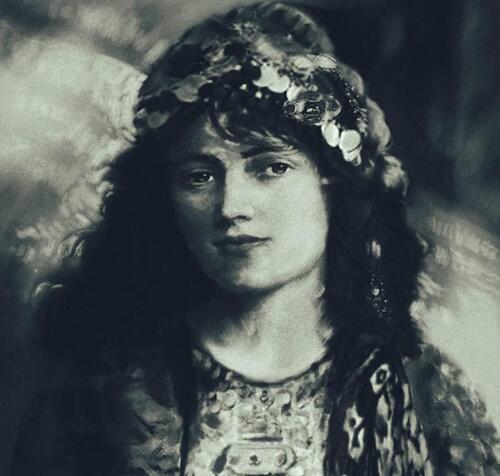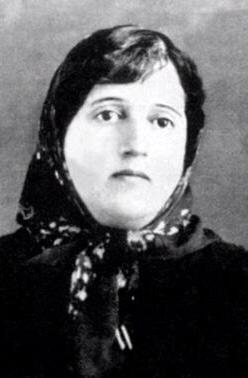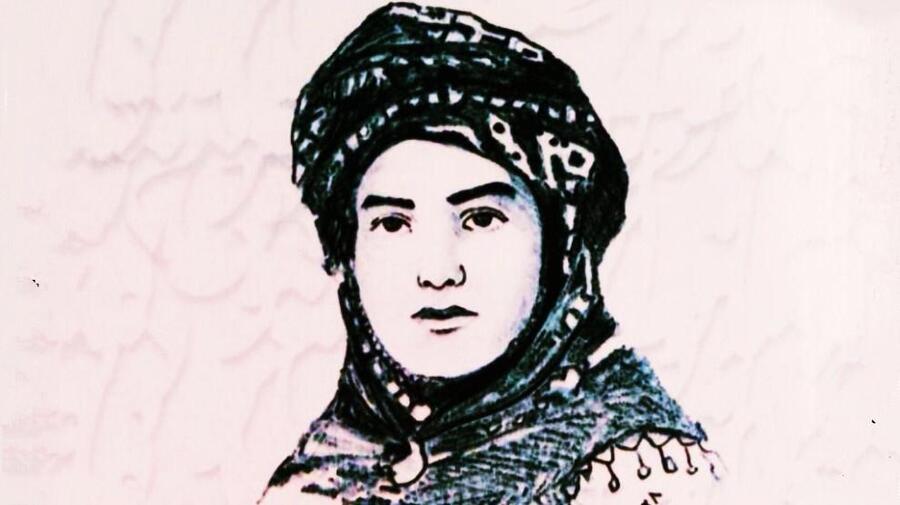Leila Zamani
"Jihan Ara" Pawayi, daughter of Mullah Nash'at Pawayi was born in 1895 in Pawa. Her family was interested in culture and science thus, they were respected by the authorities and officials at that time. They possessed a high social rank. "Jihan Ara" was educated by her father and a number of the prominent teachers of that time. She learned Kurdish, Persian, and Arabic literature. She also began to write beautiful poems in the Hawrami dialect of Kurdish. She was very capable in writing poetry enhancing poetry levels as well as other female poets of that time or even better than them. Although her poems had not been collected in a Diwan until recently, most of the poems that are known to be written by her have been mentioned in books and articles of that time and most of them are still rehearsed by the people of Hawraman. Recently, however, "Adnan Moradi" was able to collect Jihan Ara's poems after a lot of effort and publish them which was a great work. Not only, she was known as a beautiful and talented woman, but she was also one of those scarcely found Kurdish women who was able to develop her skills and enhance her capabilities despite the intense traditions that were obstacles in the way of Kurdish women's growth. At first, Jihan Ara married her cousin, Sharafolmolk, who was from the prominent family of Ardalan, but when Sharafolmolk became Ardabil's ruler and married a girl from the Qajar dynasty, Jihan Ara left him with a broken heart.
Jihan Ara wrote this poem for that time:
Alas, my pride has faded away
Away from you, my soul is crushed

After this suffering, Jihan Ara married Habib Allah Khan Jaff and they had a son. However, according to her poems, she did not have a good relationship with her second husband. Her delicate feelings could not cope with the Jaff lord.
Jihan Ara's poetry is the play of a feminine love and delicate female feelings that are expressed fearless of the reproaches she had to face to express her love:
My love left me
My love, my dear friend
Leili, hey Majnoon, I am your Majnoon
Zoleikha and Yosof, I am still in your debt
My sweet Khosrow, I am your Shirin
More than Shirin I am thirsty to see you again
In addition to love poems, Jihan Ara also complains about women's place in society in her poetry which is in accordance with a female poet's thought and ideology at that time who had understood women's lower place in society at that time.
Jihan Ara has expressed her sufferings on this subject with sorrowful language and apparently, that situation had affected her greatly.

Mastoura Ardalan
If we compare Jihan Ara's poems to the poems of those poets who lived before and after her we would understand that Jihan Ara's contents are more feminine and even more artistic. Unfortunately, her poems were published very late. She lived in the nineteenth century. Mastoura Ardalan was not able to express her feminine feelings as well as Jihan Ara, but rather the dominant voice in Mastoura's poems is a male voice that expresses his thoughts and beliefs. Although, Mastoura, also applies her feminine voice in those poems where she talks about her husband, Khosrow. Among the poets after her, we can mention "Parvin E'tesami", the Persian poet, whose works are written with a male voice talking in them. Parvin E'tesami is very famous among the Persians but her text contains social morals. A female poet is talking to her readers via a male tone.

Parvin E'tesami
If we take a look at one of Jihan Ara's poems, the differences can be seen much clearer. This female poet wrote an important poem when she separated from her first husband in which one can see all the broken feelings of a woman in love. The suffering that is mentioned is feminine and the poem's voice and expression. Even when the addressee is called, the reader knows that the poet is a woman and that the addressee is a disloyal man who destroyed their love. It can be said that this feature can separate Jihan Ara from all the other female poets before her which makes her poems appear like a shining star among all the other works contemporary to her poems. Her poems are still known to possess special aesthetic characteristics. Her poems are very great texts that show a distinct kind of feminine love and suffering during a time when women could not have love or even suffering of that kind due to social obstacles. However, she expressed both her love and her suffering fearlessly.
Jihan Ara died in 1911 and she was buried in Jawanroud.









